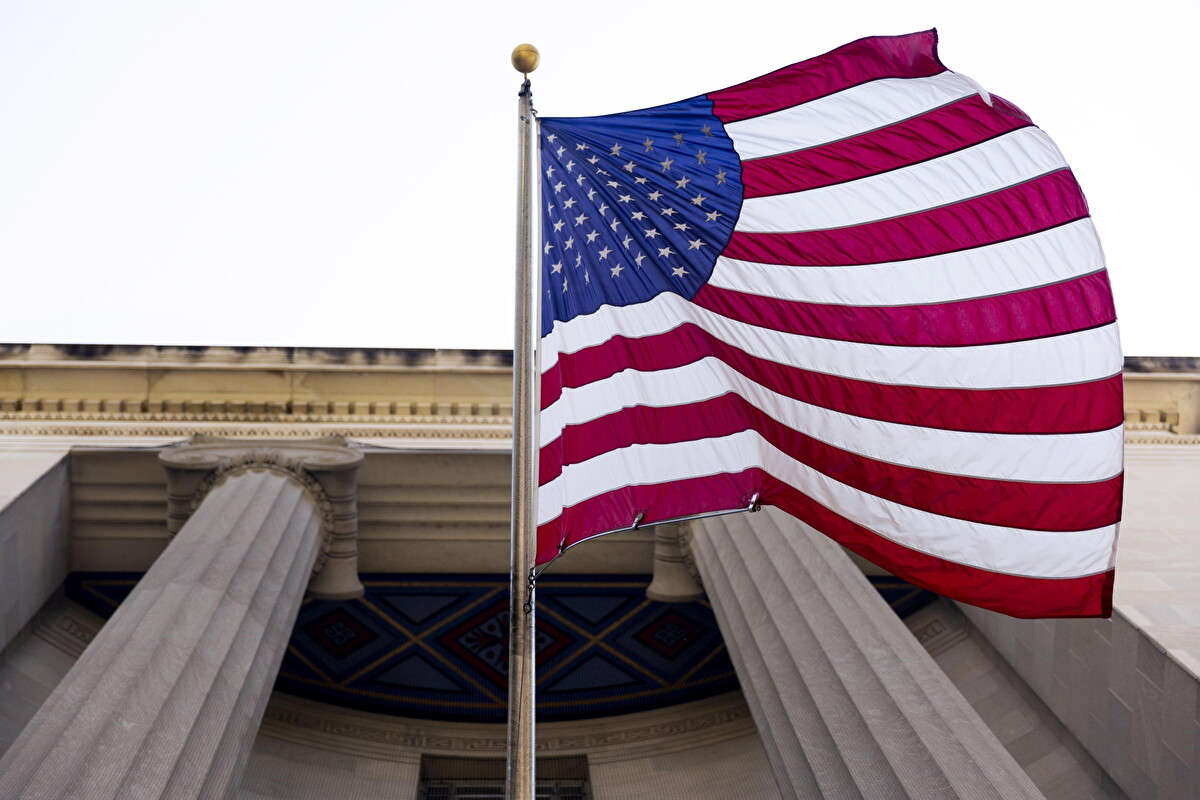A trial began today on whether the 14th Amendment disqualifies Donald Trump from running for president in 2024 because of his actions around the Jan. 6 attack on the U.S. Capitol.
On Monday morning in Denver, a historic five-day evidentiary hearing got underway for a lawsuit filed against Trump by six Republican and unaffiliated Colorado voters represented by the watchdog group Citizens for Responsibility and Ethics in Washington (CREW).
A similar hearing is set for Thursday in St. Paul, Minnesota.
The 14th Amendment of the U.S. Constitution has a clause that could prevent former President Donald Trump from running for office again in 2024. Section 3 of the amendment states that no person who has engaged in insurrection or rebellion against the Constitution, or given aid or comfort to its enemies, shall be eligible to hold any federal or state office, unless they are pardoned by a two-thirds vote of Congress. This clause was enacted after the Civil War to prevent Confederate leaders from returning to power.
CREW President Noah Bookbinder has said that his organization brought its suit in Colorado because “it is necessary to defend our republic both today and in the future.” The group’s complaint accuses Trump of inciting and aiding the mob at the Capitol two years ago, which he denies. He was impeached on similar charges but acquitted by Republicans in the Senate.
Trump and his campaign have dismissed the 14th Amendment clause being used against him. “The people who are pursuing this absurd conspiracy theory and political attack on President Trump are stretching the law beyond recognition,” a spokesperson previously said in a statement
But some legal experts and activists argue that Trump violated this clause by inciting and aiding the violent mob that attacked the U.S. Capitol on January 6, 2021, in an attempt to overturn the 2020 election results. They claim that this was an act of insurrection against the Constitution and democracy, and that Trump should be disqualified from running for president or any other office in the future.
On Monday morning, a lawyer for Mr. Trump, Scott Gessler, said his team would argue that “engaging” in an insurrection required more than “mere incitement through words.” He said Mr. Trump had never called for violence and had urged his supporters to act “peacefully and patriotically.”
The lawsuits are expected to face many legal hurdles and uncertainties, and could ultimately reach the U.S. Supreme Court, which has never ruled on the meaning or scope of the 14th Amendment clause. The outcome of these cases could have significant implications for the 2024 presidential race and the future of American democracy.
Among their witnesses in the Denver hearing, CREW called two police officers who were at the Capitol that day and California Rep. Eric Swalwell, who was inside. The group also plans to call two professors.
“The events on Jan. 6, 2021, in the United States Capitol were horrific. It was a terrorist attack on the United States of America, an assault on democracy and an attempt to prevent the peaceful transfer of power,” one of the officers, Danny Hodges, testified.
Swalwell, in his testimony, described some of what he saw during the rioting as “war-like”.
Over the past few months, efforts to bar Trump from the Republican primary ballot under Section 3 of the 14th Amendment have gained traction. In an ABC News/Washington Post poll conducted late September, some 44% of adults said Trump should be prohibited from serving as president under the 14th Amendment. Slightly more, 50%, said the amendment should not bar Trump from office.
Judge Sarah B. Wallace has set nine topics to be deliberated in this trial: the history and application of Section 3 of the 14th Amendment; if the section is self-executing; if it applies to presidents; the meaning of “engaged” and “insurrection” as used in the section, and how often and on what basis does the secretary of state exclude candidates based on constitutional deficiencies, among other items.
The court’s list of topics also calls for discussion of Section 3 of the 20th Amendment, which governs what happens if a new president and vice president have not “qualified” by the time they are supposed to take office.
Regardless of the outcome, it is anticipated that the losing side will appeal.












